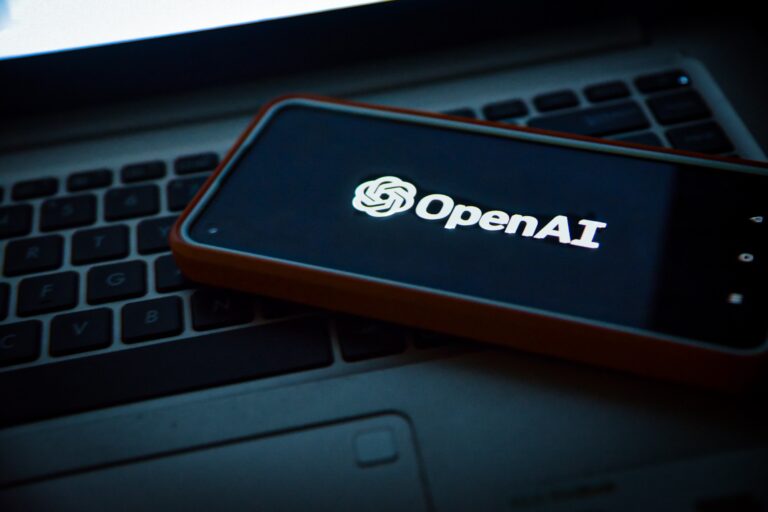From Startups to Hospitals: How Gen AI and Agentic Workflows Unlocks Unparalleled Efficiency and Growth
"From Startups to Hospitals: How Gen AI and Agentic Workflows Unlocks Unparalleled Efficiency and Growth"
Author: Jag Padala, Founder CEO

Generative AI (Gen AI) has taken the world by storm. From coding copilots to intelligent workflows, its potential to supercharge productivity across industries is undeniable. In fact, industries like retail, finance, and manufacturing are leveraging Gen AI to increase efficiency, with reports showing a 30-50% improvement in productivity in certain sectors. Yet, healthcare is trailing behind, with adoption rates hovering around 10-15%, largely confined to administrative and back-office tasks.
As a health tech startup, we’ve experienced firsthand how Gen AI can act as a catalyst for growth. Here’s how it’s been a game-changer for us—and how it can do the same for hospitals.
How Gen AI Powers Startups Like Ours
- Development
For a tech-driven startup, the natural starting point for Gen AI is product development. Tools like coding copilots have drastically reduced the time it takes to build and deploy our solutions. Here’s how:
- Faster coding: APIs that once took weeks to develop are now ready in hours.
- Simplified CI/CD pipelines: Automated scripts and alerts ensure seamless integration and deployment.
- Test case generation: Creating complex test cases is no longer a manual slog but a streamlined process.
- Documentation & Technical Guides
Crafting technical documentation is tedious, but essential. With Gen AI, we’ve cut the time spent on writing and editing guides by over 50%, allowing us to focus on innovation rather than paperwork.
- Sales & Marketing
The manual effort behind email campaigns, lead sorting, and follow-ups is now a thing of the past. Gen AI helps us:
- Personalize outreach at scale.
- Draft professional, on-brand responses in seconds.
- Prioritize leads based on predictive analytics.
- Proposal Responses
Responding to RFPs (Requests for Proposals) is no longer a bottleneck. Gen AI enables us to draft comprehensive responses tailored to the client’s requirements, saving us days of effort.
Why Hospitals Should Embrace Gen AI
If a small startup like ours can harness Gen AI for productivity gains, imagine what hospitals—often bogged down by administrative burdens—can achieve. Here are a few high-impact areas where Gen AI can step in:
- Denial Management
- Denial Management
Insurance denials are the bane of every CFO’s existence. Gen AI can:
- Classify denials using historical patterns.
- Formulate responses automatically.
- Flag claims for proactive corrections before submission.
- Prior Auth
Prior Authorization is time consuming and can be notoriously labor intensive. Gen AI can:
- Figure out when prior auth is needed
- Create documentation needed for prior auth
- Automate submission and follow-ups
- Patient Engagement
Healthcare engagement is complex, involving regulatory constraints and unique patient needs. Gen AI can dynamically adjust to these requirements, improving communication and satisfaction. For example:
- If a certain diagnosis is detected and a patient is classified as needed certain education, the agentic workflows powered by GEN AI can create a detailed communication plan for the patient.
- If a patient has messaged staff a number of times, a follow-up automated survey can be sent to the patient
- Supply Chain Automation
Hospital supply chains are rife with inefficiencies. Gen AI can:
- Predict inventory needs based on patient census and seasonal trends.
- Automate reorder processes with vendor-specific rules.
- Factor in weather patterns to mitigate delivery risks.
- Real-Time Location Systems (RTLS)
Most hospitals use RTLS to track assets, but they’re missing opportunities for optimization. Gen AI can:
- Enforce location-based rules (e.g., allocating equipment based on patient load).
- Analyze feedback to refine asset allocation strategies.
- Block Scheduling
OR scheduling is a logistical nightmare. While humans excel at spotting patterns in block availability, doing this daily isn’t feasible. Gen AI can:
- Detect empty slots.
- Recommend optimal allocations based on past usage patterns.
What’s Holding Hospitals Back?
Despite these clear advantages, healthcare lags behind in adopting Gen AI. Why?
- Data integration: Data needs to be securely made available to the AI agents and Gen AI to tap into their potential.
- Data sensitivity: Healthcare systems manage vast amounts of confidential data, necessitating strict adherence to regulations like HIPAA.
- Customization needs: Off-the-shelf AI tools are too generic for healthcare. Tailoring solutions requires healthcare-specific schemas and datasets.
- Ethical concerns: Clinical AI solutions demand rigorous ethical evaluations, particularly for patient-facing applications.
But here’s the good news: hospitals don’t need to start with clinical applications. By focusing on operational workflows, they can unlock immediate value while avoiding the pitfalls of clinical AI.
Let’s Build the Future Together
At CloudAstra, we believe in the power of Gen AI to transform healthcare. Whether it’s streamlining operations, improving patient engagement, or reducing costs, Gen AI offers a path forward.
Let’s talk about how agentic workflows in the CareChord suite can help your hospital achieve its goals.
Contact Us:
Let us innovate together. If you are interested in exploring this further contact us at https://cloudastra.ai/contact-us

